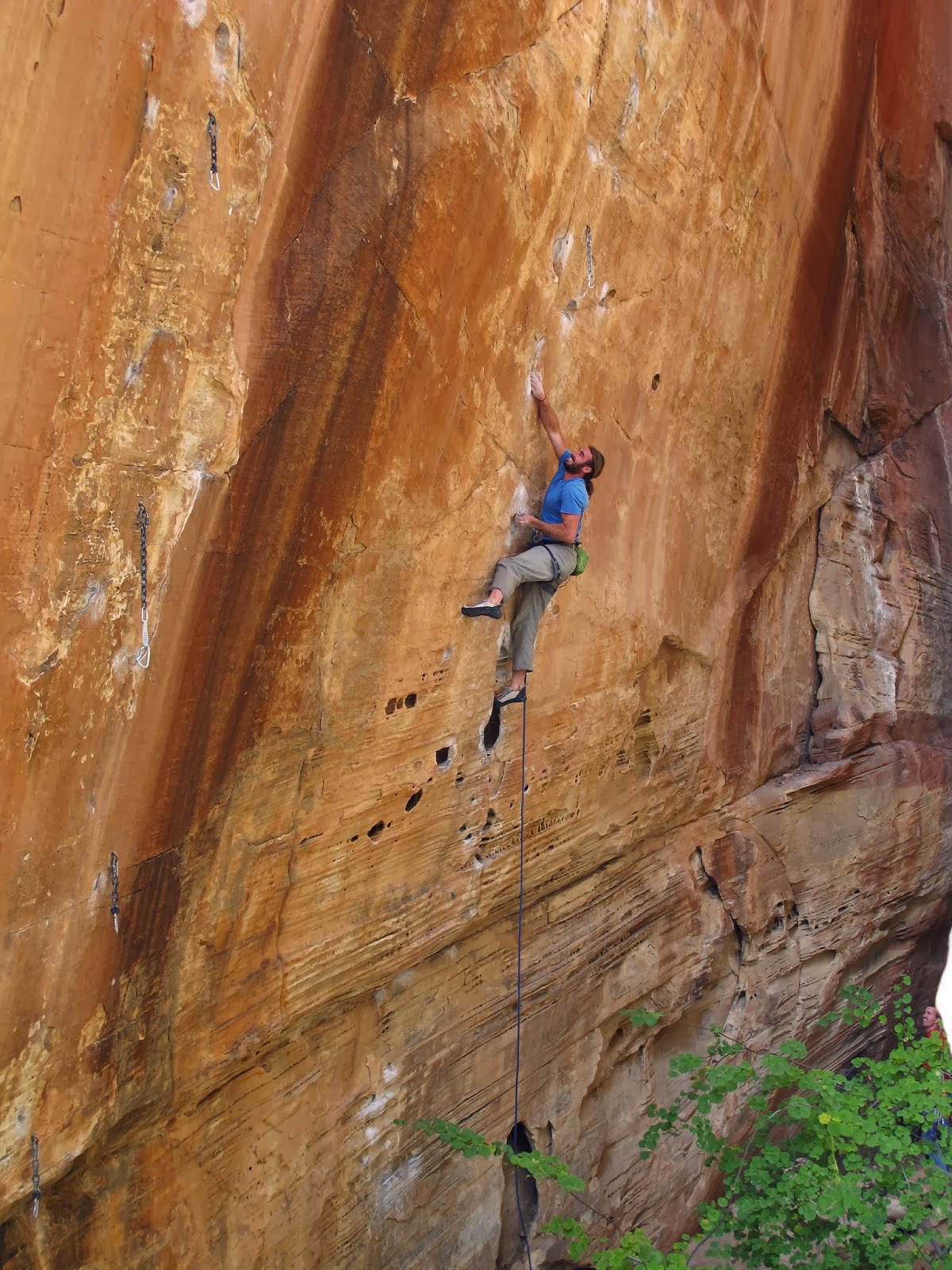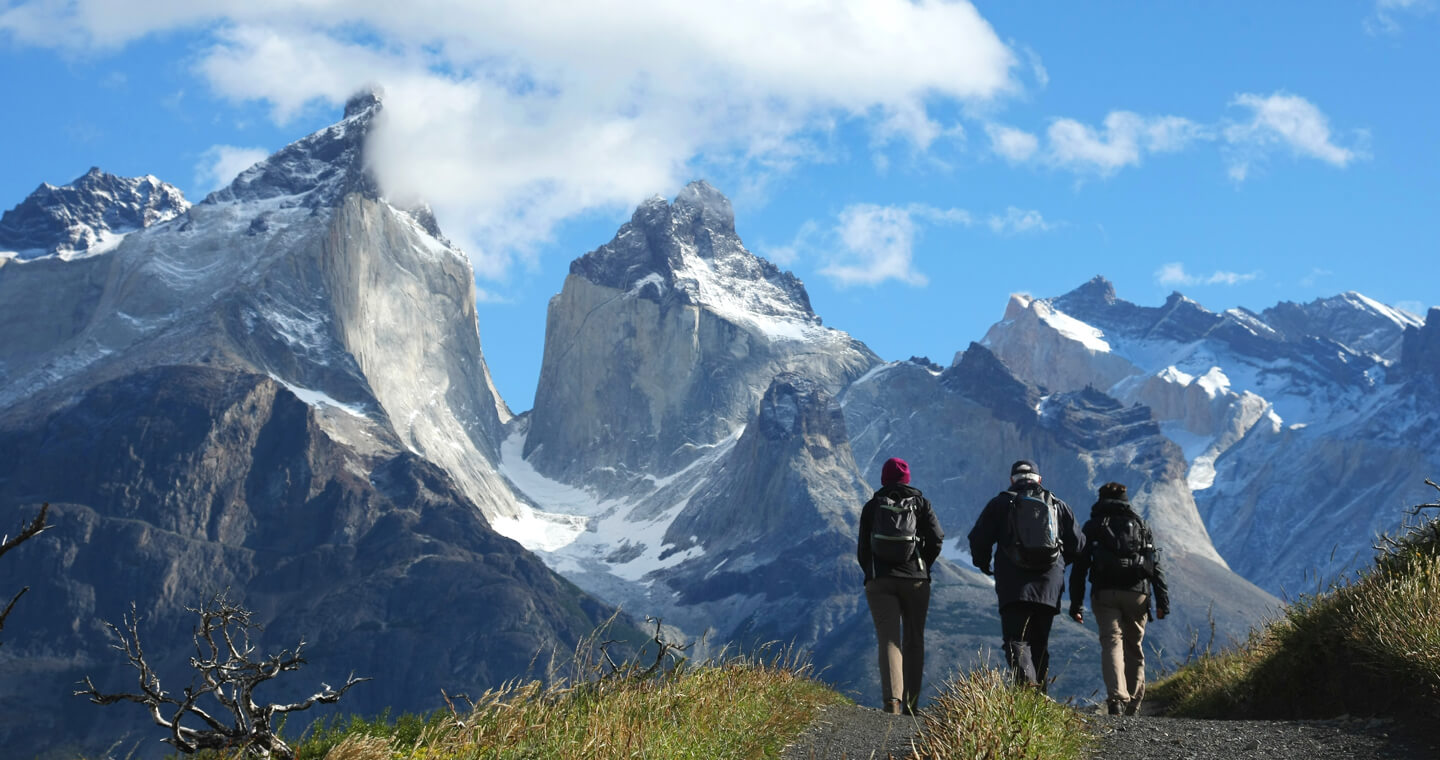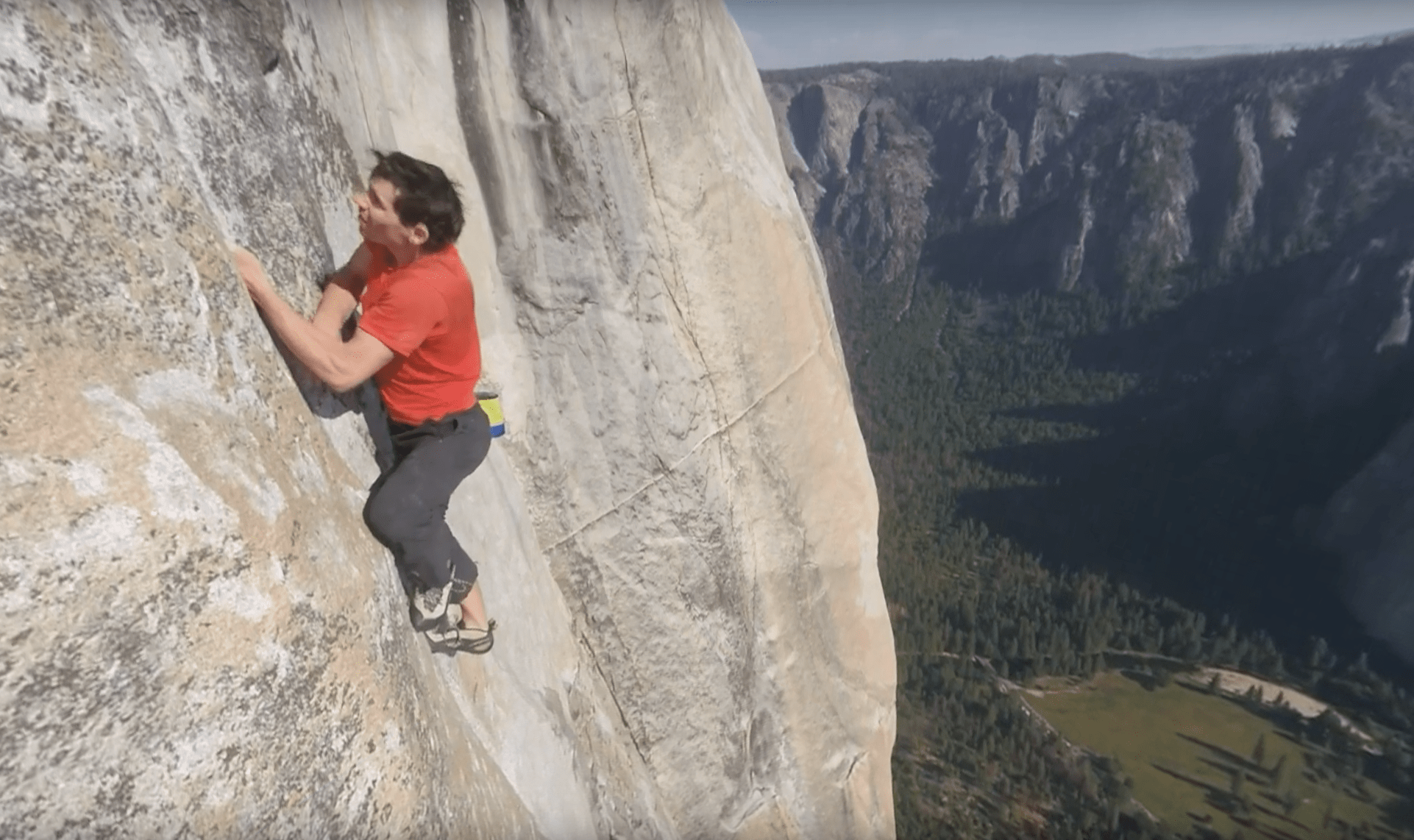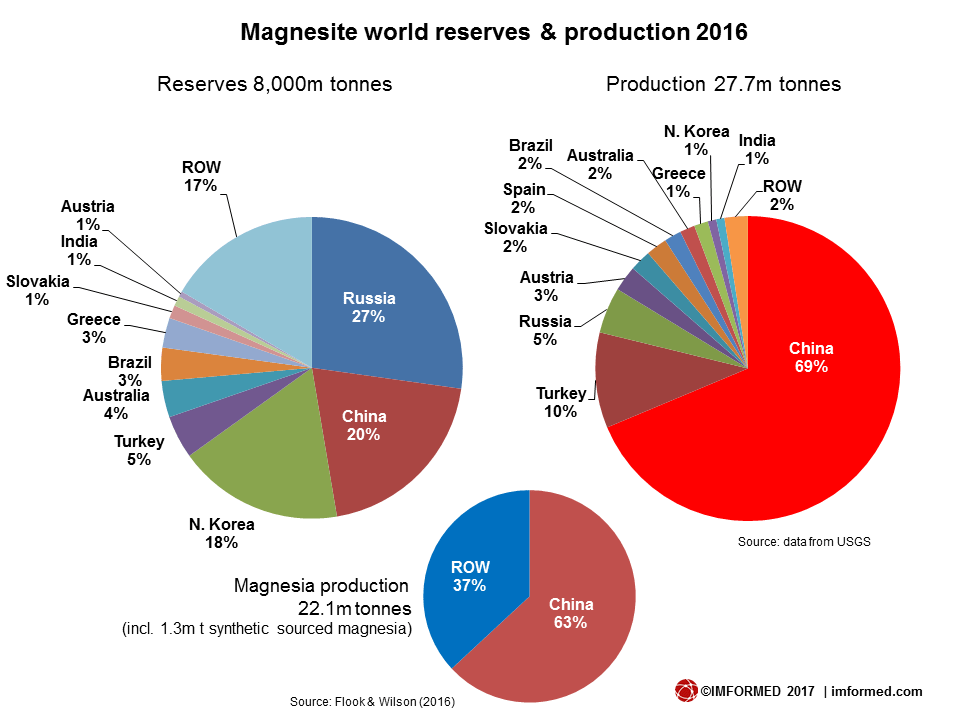
There is a double-edged sword of climbing, and all outdoor activities really. The world is covered in beautiful and well-preserved parks, forests, and untouched swaths of land. These lands attract hundreds of thousands who want to experience the beauty, but every mile driven and hour flown is slowly destroying the lands we seek out. Slowly but surely altering the world’s climate and in turn changing the lands we seek out.
Think of Torres Del Paine, Chile’s most popular national park and home to the most iconic images of Patagonia. Its isolation is part of the wonder but adds hours to travel time. The multiple flights, ferries, shuttles, and buses it takes to experience the awe-inspiring park is, again, slowly but surely destroying it.

Climbing chalk has a similar dilemma. The white powder that dots most climbing routes improves grip by keeping hands dry. This “chalk” is quite different than the writing chalk in a classroom. It is actually made of a substance called magnesium carbonate. It is obtained by mining magnesite, then processed to remove impurities until 100% magnesium carbonate remains.

Alex Honnold famously climbed El Capitan without any equipment, except for shoes and a chalk bag. The Oscar-winning documentary followed his journey, and as a good outdoorsman, he talked about nature and its changing state. Every mile he drives his van and every handful of chalk he takes is slowly destroying the lands he cherishes. A sad truth of what it takes to enjoy the outdoors.
That “processed” part is extremely dirty if not done properly. China is the main producer of magnesite, at 69% in 2016, and has a notoriously relaxed stance on environmental restrictions. Areas around the mines and processing plants are littered with a fine white powder and dumpings. Locals complain about it harming soil fertility and killing crops. China has been working on environmental pollution recently and has actually been closing down and or regulating mines and processing plants.

Climbing chalk is the tip of the iceberg. The biggest actions to reach true untouched nature do the most damage. Heli-skiing and Arctic boat trips bring people out into the untouched world but are sadly harming it by doing so.